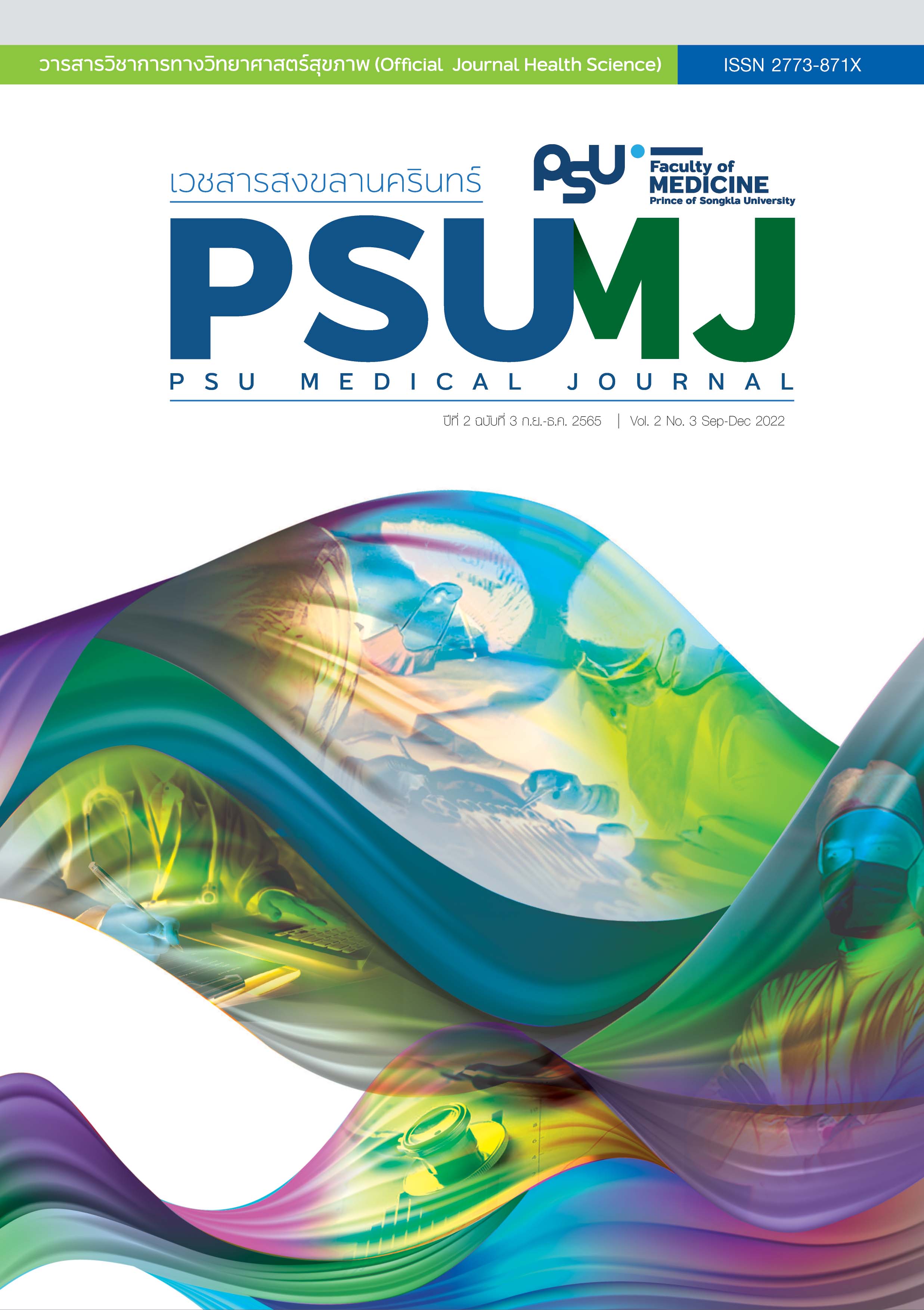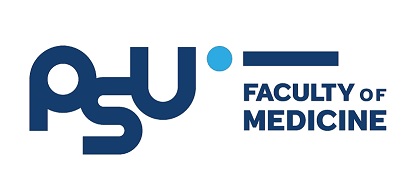Research Instrument Management System: RIMS, an Application for Lab Instrument Reservation Utilization
DOI:
https://doi.org/10.31584/psumj.2022252859Keywords:
laboratory information management system, web application, research instrument, information managementAbstract
Objective: Instrument administration including accessibility control, schedule time for reservation, and periodical machine utilization are essential tasks for high-end molecular laboratory. Such repetitive work can be automated using information technology.
Material and Methods: As a part of Laboratory Information Management System (LIMS), the Research Instrument Management System (RIMS) is an online application using a user-friendly platform constructed for efficiency of access, end-user communication, instrument reservation.
Results: RIMS utilizes instrument information including the date of set up, machine identification, last preventive maintenance and financial record. Data logging and periodic reports are displayed as a graphical dashboard which is simple and flexible monitoring administration. The researchers are categorized into subgroups according to their experience in operating each instrument and facilitated reservation by the subgroups, i.e., unskilled researchers can make a reservation only after the have attended a training session.
Conclusion: The system has now been launched with a continually improving process for fundamental equipment of translational medical research.
References
Denny JC, Collins FS. Precision medicine in 2030—seven ways to transform healthcare. Cell 2021;184:1415-9.
Wilkinson SA, Hughes E, Moir J, Jobber C, Ackerie A. Process of knowledge translation within routine clinical care: Implementing best practice in weight management. Nutr Diet 2018;75:363-71.
Hasin Y, Seldin M, Lusis A. Multi-omics approaches to disease. Genome Biol 2017;18:83.
Sun YV, Hu YJ. Integrative analysis of multi-omics data for discovery and functional studies of complex human diseases. Adv Genet 2016;93:147-90.
Ambardar S, Gupta R, Trakroo D, Lal R, Vakhlu J. High Throughput Sequencing: An Overview of Sequencing Chemistry. Indian J Microbiol 2016;56:394-404.
Trevino V, Falciani F, Barrera-Saldaña HA. DNA microarrays: a powerful genomic tool for biomedical and clinical research. Mol Med 2007;13:527-41.
Gargis AS, Kalman L, Berry MW, Bick DP, Dimmock DP, Hambuch T, et al. Assuring the quality of next-generation sequencing in clinical laboratory practice. Nat Biotechnol 2012;30:1033-6.
Kilintzis V, Beredimas N, Chouvarda I, editors. Evaluation of the performance of open-source RDBMS and triplestores for storing medical data over a web service. 2014 36th Annual International Conference of the IEEE Engineering in Medicine and Biology Society; 2014 26-30 Aug. 2014. pp. 4499-502.
Blumenstein BA. The relational database model and multiple multicenter clinical trials. Control Clin Trials 1989;10:386-406.
Downloads
Published
How to Cite
Issue
Section
License
Copyright (c) 2022 Author and Journal

This work is licensed under a Creative Commons Attribution-NonCommercial-NoDerivatives 4.0 International License.








